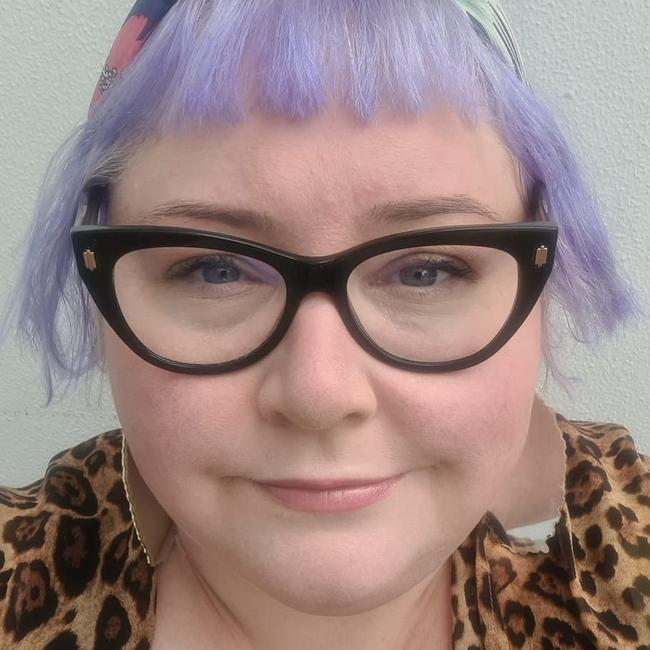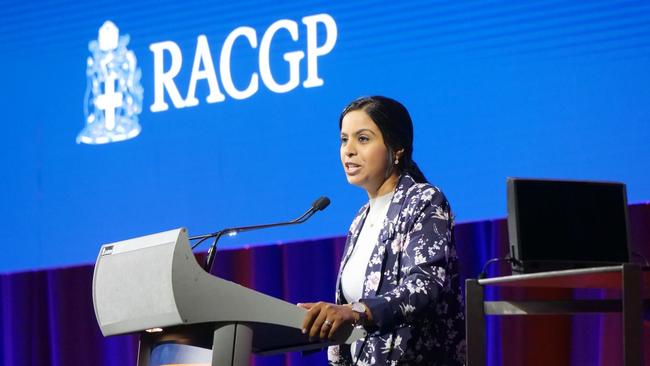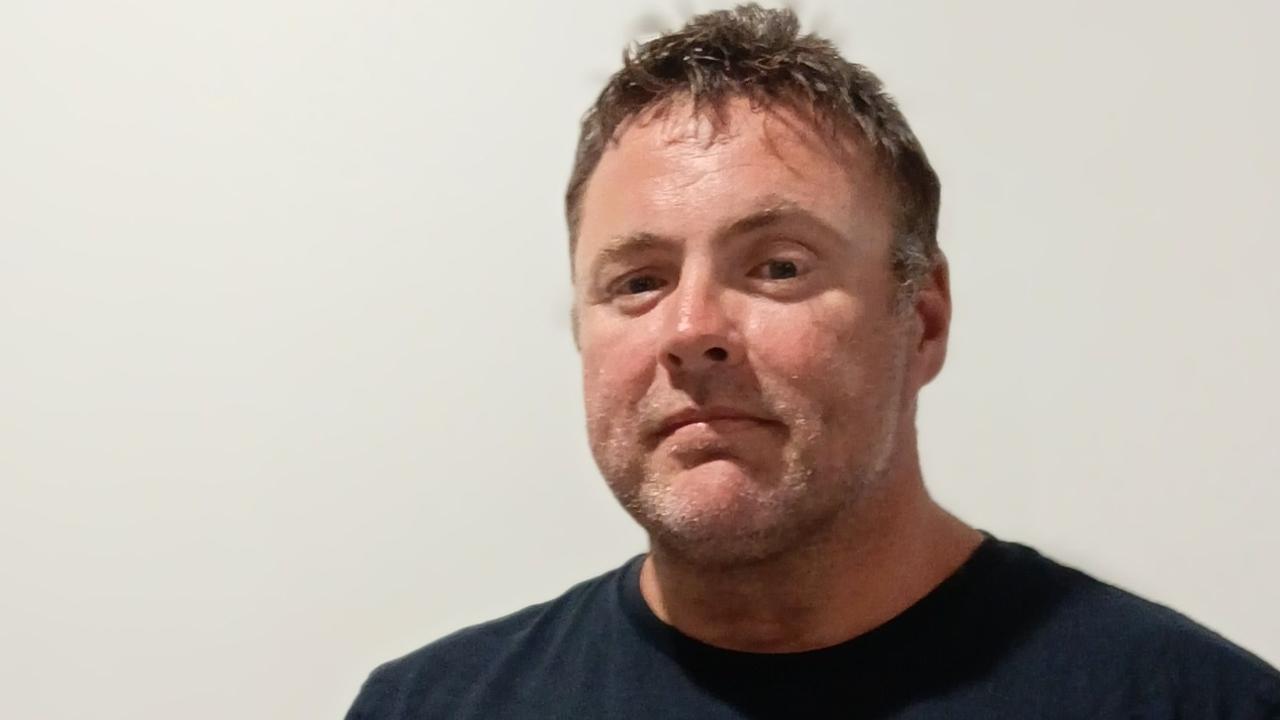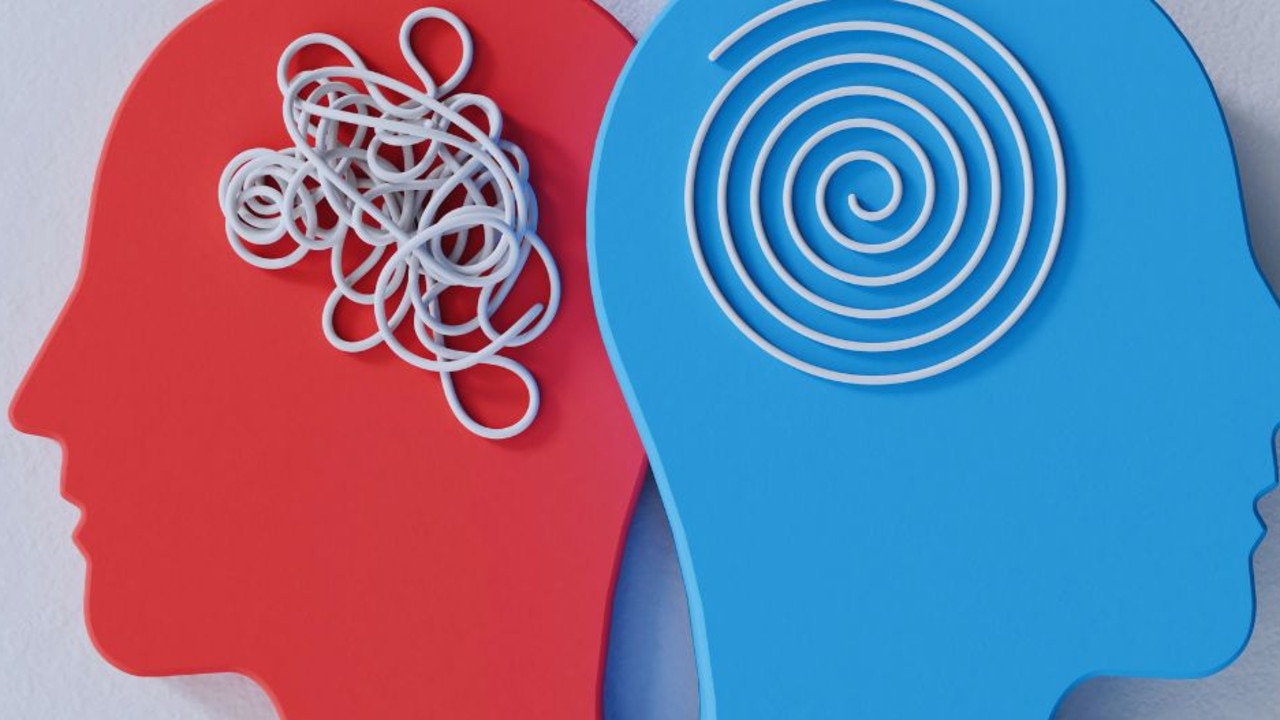Finder survey: Patients swap doctors for social media health advice
A chronically ill Sydney woman goes online for this reason, like many of us do. But doctors are alarmed by the trend and are urging people to be careful.

Guides
Don't miss out on the headlines from Guides. Followed categories will be added to My News.
Sixteen per cent of Australians have consulted social media for health advice instead of visiting a medical professional, new data shows, prompting alarm from doctors.
Younger generations were more likely to admit they sought advice from social media compared to their older counterparts, with more than a third of Gen Z (36 per cent) turning to social media instead of visiting a medical professional for health advice, compared to just 2 per cent of Baby Boomers.
The survey from Finder, which included more than 1000 Australian adults, also shows women (22 per cent) are twice as likely as men (11 per cent) to seek out health advice from social media.
Chrissy Symeonakis, who has multiple sclerosis, trigeminal neuralgia and type 2 diabetes, has found a sense of community online.
“I have a supportive family … but (my health situation) can be very isolating,” she said.
“There are days where I have to pick whether I’m going to have a shower or if I’m going to go have a coffee … I don’t have the energy for both.”

She said she had found helpful advice on social media — a stranger pointed her to finding a cranial osteopath, and people also discussed topics like diet and the pros and cons of different medications.
“I think you really have to be open-minded … you also need to go and look for science-based evidence,” she said.
“There are a lot of crackpots on the internet.”
The 33-year-old said she researched suggestions made by others, and spoke to her GP and pharmacist.
Royal Australian College of General Practitioners vice president Ramya Raman said the survey findings were very concerning, particularly since younger people were more likely to seek advice from social media platforms.

“Relying on social media for healthcare advice is unwise, and potentially dangerous,” Dr Raman said.
“Platforms such as TikTok do feature some credible experts and healthcare professionals who provide reliable advice.
“However, you can never be completely sure whether the information you’re absorbing is the right option for you, and there are many accounts, including social media ‘influencers’, with very limited or non-existent health literacy spreading misinformation.”
Dr Raman encouraged everyone to apply a critical lens to anything they saw on social media.
“These platforms are after engagement, including more screen time, not sound health advice,” she said.
“A better option is booking an appointment with a GP who knows you and your history, to discuss any health issue.”
Peta Taylor, insurance expert at Finder, said social media could easily spread inaccurate health information.
“Social media is becoming a go-to resource for medical guidance, with users seeking treatments and cures online rather than consulting a medical professional,” she said.
“Australians risk falling victim to misinformation that could have serious consequences.”
More Coverage
Originally published as Finder survey: Patients swap doctors for social media health advice





